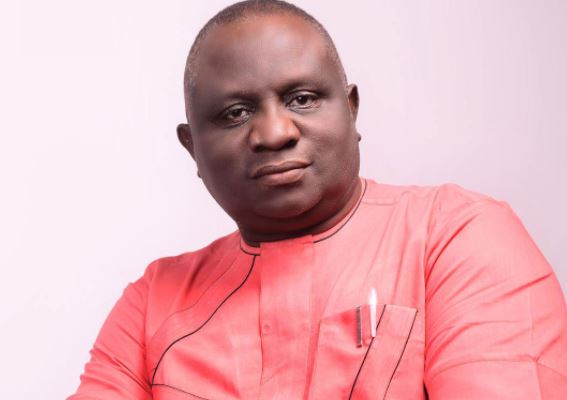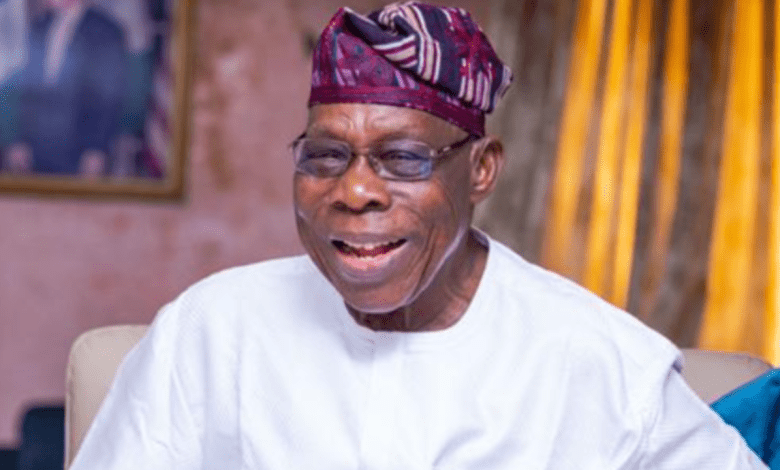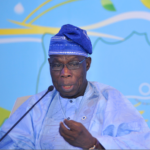
Leadership Failure and State Capture in Nigeria
November 17, 2024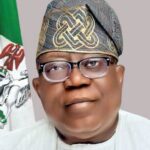
Afe Babalola and Dele Farotimi: On justice, a just society and the Nigerian state -Tunji Olaopa
December 28, 2024It was a great opportunity to address the entire university community of Gombe State University on December 10, 2024. I pay homage to the Acting Vice-Chancellor and his able team. I thank the leadership of the students’ union. I also thank the Governor and the Secretary to the State Government for welcoming me into their impressive complex after the lecture. The generosity of Usman Isah Ya’u, my contact person, is legendary. In this piece, I offer a review of the outcome of the lecture on leadership and how Nigeria can work.
Nigeria undoubtedly has what it takes to control its destiny. Today, the economy is in recession, and the cost of living has escalated. However, Nigeria still tends to compete at a global level if an innovation-driven economy is prioritized. The federal government can achieve this by setting up agencies and forming partnerships that will facilitate economic development.

Nigeria is known for its possession of vast mineral and natural resources. The government might utilize these resources to facilitate economic growth and development. Mineral resources such as oil and tin could be utilized to expand the economy and exported to foreign countries in exchange for money. But what explanation do we provide for a nation endowed with oil yet lacking efficient and operational refineries? Agriculture is another sector that could help the country’s economy prosper. We have a lot of arable land but without adequate food.
Nigeria has the resources to lead Africa. If the military capability and presence in Nigeria could enhance conflict resolution and peacekeeping, the country tends to uphold a good reputation internationally. By revitalizing our social impact as a people, our priorities will be guided, and our visions will be defined.
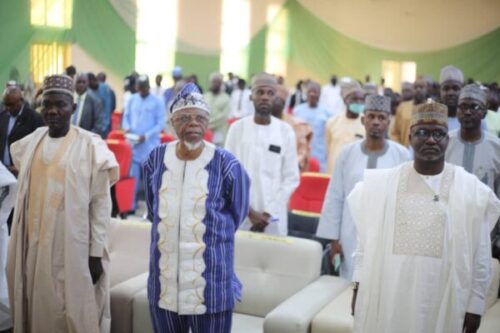
Despite being the largest economy and population in Africa, the country offers only limited opportunities to its citizens. As the population increases, the economy and infrastructure deteriorate; hence, there is little or no chance to explore when there is no real job creation and limited business prospects. In 2023, Nigeria’s poverty rate was estimated to be 38.9%, which translates into over eighty million people living below the poverty threshold.
A further concern that has engendered considerable anxiety and danger in the country is insecurity. The nation has transformed into a haven of chaos, and only the survivors live to tell the story. Yesterday, it was the bandits and kidnappers; today, a town is engulfed in flames from Boko Haram’s explosives. When it is tomorrow, criminal herders will sharpen their arrows to slaughter some farmers. Abductors exploit the opportunity to demand daily ransoms while poor Nigerians contend with financial hardship. However, to erase the problem of insecurity, it is imperative to understand the causes first.
Factors such as economic disparity and weak governance have contributed to this disaster. Insecurity will be reduced when the country invests in road and railway systems. Travelers and tourists will also benefit from safe and smooth travels. This will also help the country’s economy. Also, the roles of the police should be redefined, and recruitment should prioritize meritocracy.
Additionally, there could be a formation of other autonomous departments within the police unit. This should enhance a sense of connection between the Police and the community people. This partnership will undoubtedly reduce crime. Also, with higher education and vocational training, youth who are involved in kidnapping and banditry may be reoriented. Youth empowerment must replace the ongoing youth vulnerability.
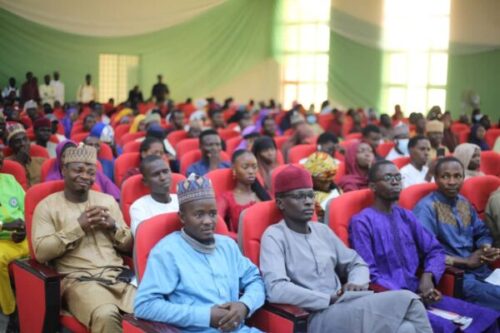
Political instability is the major problem defying the efforts of Nigerians who still believe in the country. There are numerous causes of political instability in Nigeria, many of which have often been discussed. The first problem is corruption. Without solving Nigeria’s corruption crises, there will be no future transformation. The current solutions have yet to produce a significant impact.
Apathy is another factor that causes political instability. Apathy or unpopular participation in Nigeria has significantly hindered the nation’s economic and political development. The primary reason this phenomenon is prevalent in Nigeria and some other African nations is the perception of powerlessness among citizens. Although democracy is defined as the government of the people, the minority have constantly benefited from the dividends of democracy while the majority hurt.
Voters are no longer interested in electioneering because of the belief that their votes do not count. If political promises are fulfilled, apathy may be reduced. Also, adequate security should be provided during elections. Since a lot of people get killed during electioneering, many have turned apolitical. Voter education should also be prioritized so that a significant number of Nigerian citizens are informed of their rights so that, in the event of violations while voting, they can protest and file petitions in court. This will motivate individuals to engage in significant numbers in government-related activities.
For a nation to prosper politically, its democracy must be strengthened. There must be a delineation of powers among the three branches of government to ensure their successful operation. The autonomy of these entities will guarantee impartial and equitable elections, the advancement of the rule of law, and the safeguarding of human rights. Furthermore, political power should be decentralized in a federal system of government. Granting state and local governments the autonomy to manage their business at the grassroots level will enhance better governance. When subnational governments attain autonomy, citizens often experience democratic governance, especially in rural areas.
In conclusion, developed countries invest a lot in both formal education and vocational training. Nigeria needs to do the same, pumping money into quality education at all levels. This not only involves establishing vocational training programs but also expanding access to schools and improving the standard of education. A competitive workforce and more international investments can be achieved through the country’s investments in human capital development.




